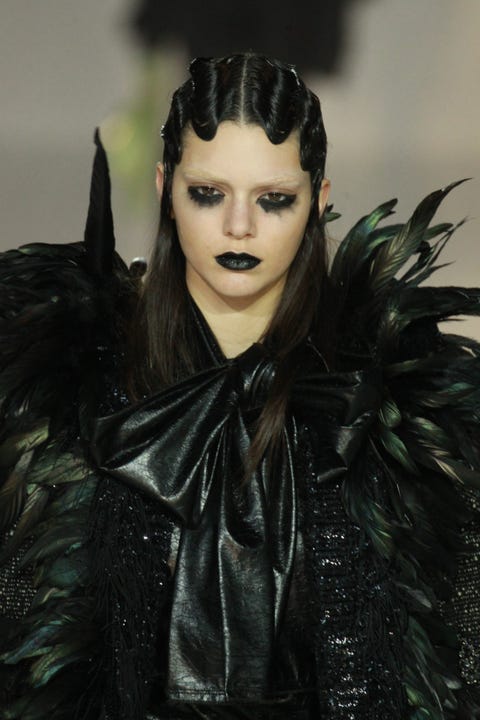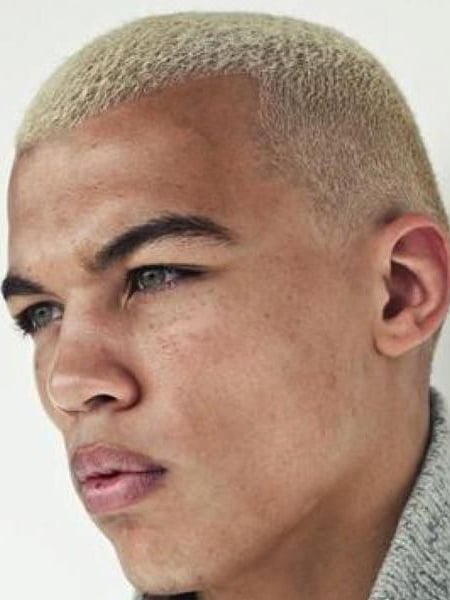Have you ever wondered why celebrities opt for skin bleaching? Despite the controversies surrounding it, the practice remains prevalent in the entertainment industry. A bold statement emerges: Skin bleaching has become a significant trend among celebrities, driven by societal pressures and media influence. This phenomenon raises questions about beauty standards and the lengths individuals go to conform to them.
Nicki Minaj's journey in the world of aesthetics is an intriguing example. Her decision to undergo skin whitening procedures has sparked widespread discussions. While her transformation isn't solely attributed to skin bleaching, it's part of a broader narrative involving plastic surgery and body modifications. As a global superstar, Minaj's choices reflect trends that resonate across cultures. Media coverage often amplifies these transformations, creating a ripple effect on fans and aspiring artists alike.
| Personal Information | Details |
|---|---|
| Name | Nicki Minaj |
| Date of Birth | December 8, 1982 |
| Place of Birth | Harlem, New York City, USA |
| Career | Rapper, Singer, Actress |
| Professional Achievements | Multiple Grammy nominations, Billboard Music Awards, VH1 Fashion Awards |
| Website | NickiMinaj.com |
In another context, the Bollywood film industry also witnesses similar practices. Kajol, one of India's leading actresses, reportedly underwent skin-lightening treatments after taking a break from acting. This move was seen as an effort to align with conventional beauty norms perpetuated by the industry. Similarly, Priyanka Chopra, another prominent figure in Bollywood, is said to have undergone treatments to achieve a lighter complexion. These instances highlight how deeply ingrained these beauty ideals are within the entertainment sector.
The dark side of skin lightening extends beyond individual choices; it involves complex socio-cultural dynamics. Celebrities worldwide influence public perceptions through their appearances and endorsements. In regions where darker skin tones are stigmatized, such practices reinforce negative stereotypes. For instance, media portrayals often depict lighter-skinned individuals as more successful or desirable, contributing to the normalization of skin bleaching.
Black celebrities, too, face immense pressure to conform to Eurocentric beauty standards. Some resort to chemical treatments that strip melanin from their skin. While this may yield temporary results, long-term effects can be detrimental to health. Melanin protects against harmful UV rays, and its depletion increases vulnerability to skin damage and diseases. Moreover, the psychological implications cannot be overlooked, as self-esteem becomes tied to external validation.
Social media platforms like TikTok further amplify these narratives by showcasing before-and-after photos of celebrities who have bleached their skin. Videos featuring stars like Blue Ivy, SAINt JHN, Beyoncé, and Wizkid attract millions of views, sparking debates about authenticity versus aspiration. Such content fuels curiosity while simultaneously raising awareness about potential risks associated with these procedures.
Nollywood actresses also contribute significantly to this discourse. Reports suggest several Nigerian celebrities have drastically altered their appearances through extensive use of bleaching creams. Names like Genevieve Nnaji and Ini Edo frequently appear in conversations around skin lightening. Their experiences underscore the pervasive nature of these practices across different continents and cultural contexts.
Ultimately, the intersection of celebrity culture, media representation, and consumer behavior shapes modern beauty ideals. While some argue that personal freedom allows individuals to modify their appearance as desired, critics emphasize the importance of promoting diverse representations of beauty. Encouraging acceptance of natural skin tones could help dismantle harmful stereotypes perpetuated by industries reliant on narrow definitions of attractiveness.
As society evolves, so too must our understanding of what constitutes true beauty. By fostering inclusive dialogues and challenging existing norms, we pave the way for healthier perspectives on self-image and identity. It's imperative that both creators and consumers recognize the power dynamics at play when discussing topics like skin bleaching. Only then can meaningful change occur, benefiting everyone involved.
For those seeking additional insights into this subject, numerous resources exist online. Authentic websites dedicated to exploring issues related to skin health and cosmetic procedures provide valuable information. One such resource includes detailed analyses of celebrity transformations alongside expert opinions on safe skincare practices. Engaging with credible sources ensures well-informed decisions regarding personal grooming habits.



